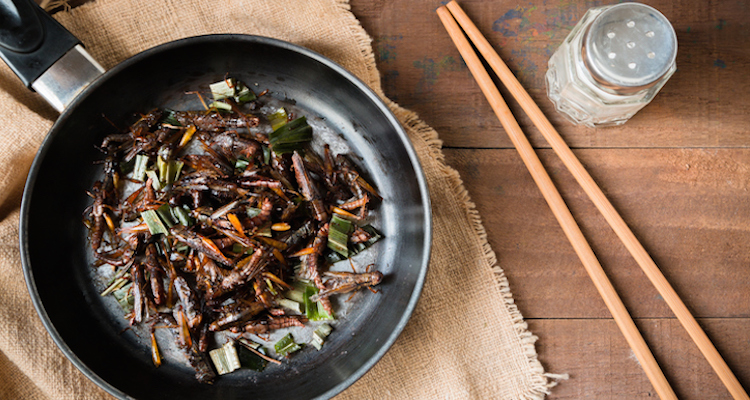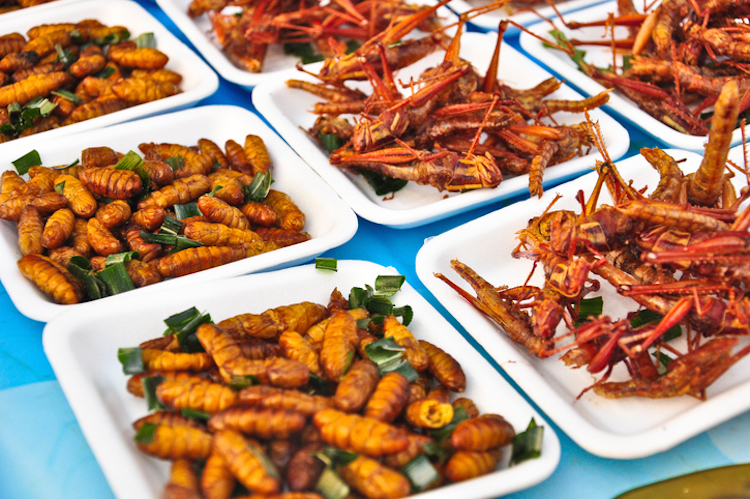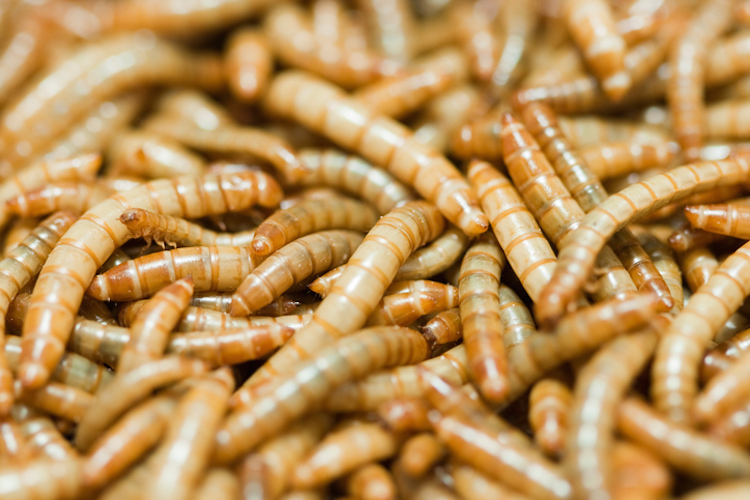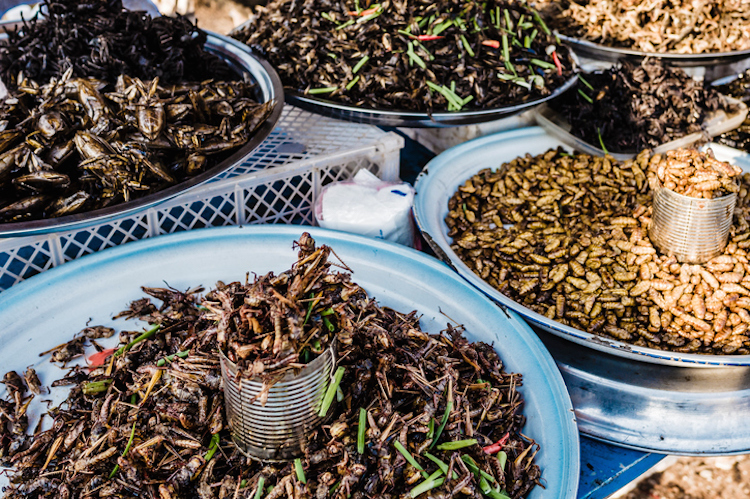
Experts predict that by 2050 the Earth’s population will reach 9.7 billion. To support such a number, humanity will have to increase production by 70%. There will be a Food Crisis, an unusual recovery was found by the scientists of Scandinavian food laboratory.
In addition to increasing population and demand for food products the world climate will change, which will not allow to grow cultures to which we are accustomed in the same quantities in the future. Therefore, scientists, farmers and researchers have begun to wrestle with the food security problems decision.
Specialists of the Scandinavian food laboratory Nordic Food Lab — a non-profit organization that explores a variety of population nutrition, have found a potential way out — eating bugs.

In order to start this proposal Ben Reade, Josh Evans and Andreas Johnsen have been travelling to different countries, tasted the most unusual insects and filmed a documentary about their trip which has received many awards in various categories for three years. The film premiered in cinemas on January 13, 2017, in March the movie will be available in iTunes. In addition to the film, this fall a half-hour television series will be released. Its will include a series shooting of food experts from all the countries who have not hit the film due to time constraints.
The three-year journey of the food experts showed that in many countries the practice of eating insects, particularly bugs, is just ordinary, like chicken soup for lunch. Together they tasted dishes of termites, ants with honey, horned grasshoppers and larvae with a cheese sauce, and even poisonous giant hornets.
«When we got there, where bugs for lunch is a common occurrence. We asked people, how they ate these insects. And they said: “No, we do not eat insects, «- says Johnsen. And all of this is because their perception does not identify bugs with something nasty and annoying. For these people insects are the same kind of food, like seafood, chicken, beef for us».

Of course, in the West, such food innovations are not taken seriously. The cultural and mental differences affect this. There is also a psychological barrier when you take a spoon with sometimes live (for some dishes) and winding creeping creature to your mouth. Although, according to of the Nordic Food Lab experts, they are no different from the sushi. «And in the end, the barriers are often blurred. For example, in the 80-90s people were afraid to eat raw fish, and now in some countries it is a tasty delicacy,»- says Johnsen.
So where do people still eat insects? Of the countries is Japan. Of course, not all over the place. But in quite large regions you can easily find such an unusual product in any store.

On the question of how to reconcile the population of at least one major country with the idea that people can and should eat bugs, Nordic Food Lab specialists answer ambiguously. «I think sooner or later will reach the point the food industry where it will be secretly to add bugs to the same hamburgers, giving the worms a taste of usual meat. Of course, it’s terrible, and we need to be aware of what we actually eat. But once it will become absolutely necessary».
Ideally, the food experts dream that people will change their habits and learn to take the unusual kind of food not only as a reality but as a tasty delicacy. In order to convince the masses that eating bugs is beneficial not only in a financial and economical way, but also with health benefits, Nordic Food Lab asked the Professor of Nutrition from Kenya. She said that, for example, in East Africa, children younger than 5 years had a high threshold of death because of illness, until they were given the crickets that are rich in zinc, vitamins and minerals.
According to statistics, the insects are already a part of the traditional diet of 2 billion people around the world, and more than 1,900 species of insects are found edible. Nordic Food Lab researchers believe that this is one of the best ways to expand the culinary boundaries and bond people of different nations and cultures with each other, continuing the process of inevitable globalization.